- Home
- Blog
- Women Care
Menopause and Osteoporosis: When to Start Worrying About Your Bones?
Women Care
Menopause and Osteoporosis: When to Start Worrying About Your Bones?
By Apollo 24|7, Published on- 15 August 2022, Updated on -21 October 2022
Share this article
0
5 likes
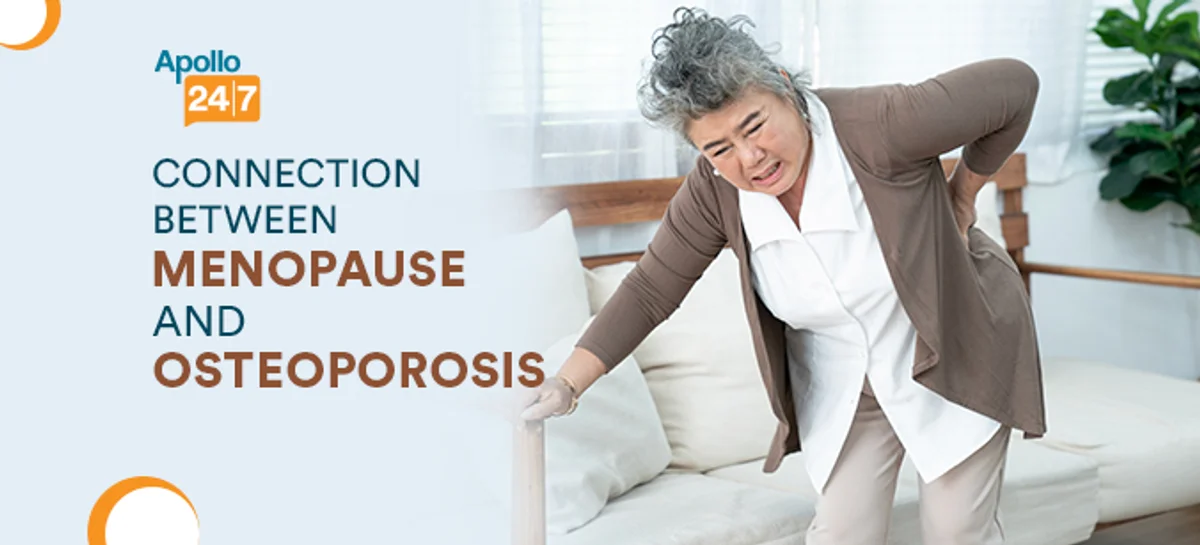
Menopause is a natural physiological phenomenon in women aged between 50 to 55 years. However, did you know apart from the sudden estrogenic dip women also experience a gradual loss of bone mass? If you do not ensure adequate bone mass during menopause then you may be having osteopenia.
Not only this, research hints that postmenopausal women are susceptible to osteoporosis (soft and brittle bones). Hence, it is advisable to know the signs and simultaneously save yourself from unwanted bone loss. If you doubt having any bone problems, consult the best orthopedic doctor.
What are Osteopenia and Osteoporosis?
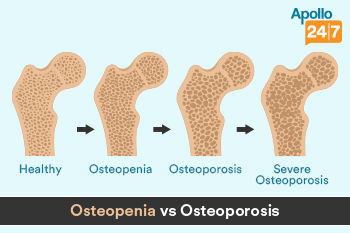
Both osteopenia and osteoporosis are signs of weakening of bone mass which affects bone density. Osteopenia occurs when your bones start to get weaker, but not as brittle as osteoporosis. If your bone density score is -1 to -2.5 then you are considered to be osteopenic. If the bone density score is less than 2.5 then you have osteoporosis.
What are the Signs of Osteopenia?
The signs of osteopenia are the following:
- Sudden pain in the ankle
- Sudden pain in the lower back
- Stooped posture
- Curved spine
- Localised bone pain in the body
- Fragility and loss of a tooth ( during menopause and post-menopausal women)
What are the Signs of Osteoporosis?
The signs of osteoporosis are the following:
- Severe back pain while standing or walking
- Shortness of breath due to compressed disks
- Loss of height in centimetres
- An evident change in posture
- Hairline fractures due to mild fall or hurt
Who is at an Increased Risk of Acquiring Osteoporosis?
Both men and women are at an increased risk of getting osteoporosis as they age. However, research hints that postmenopausal women have osteoporosis earlier than men. Men suffer from osteoporosis around 75- 80 years, whereas women have osteoporosis at 65 – 70 years.
Apart from the age, women who are obese, have a small body frame, have had an early menopause, have thyroid malfunctions, and suffer from celiac disease are prone to osteoporosis.
Also, women undergoing organ transplants, treatments for blood disorders, cancers, and long-term usage of certain medications such as proton pump inhibitors, and asthma drugs make one prone to osteopenia which gradually progresses to osteoporosis.
Link Between Genetics and Osteoporosis
There’s a link between osteoporosis and genetics. Family history and ethnicity play a huge role in developing bone diseases like osteoporosis and osteopenia.
Caucasian and Asian women are more likely to suffer from osteoporosis post menopause than American women. It is observed that if one of your parents or grandparents has had a broken hip then you are advised to get yourself screened by an orthopaedic as early as 45 years of age.
Furthermore, people with a family history of osteoporosis are likely to easily have fractured forearms, wrists, spine, collarbones, and hips. Hence, feel free to share your family history with your doctor so that you can prevent the severity of osteoporosis and live a good quality life post 60 years of age.
How Can You Prevent Osteoporosis?
There is very little that one can do to arrest biological aging. However, one can prevent osteoporosis by doing the following:
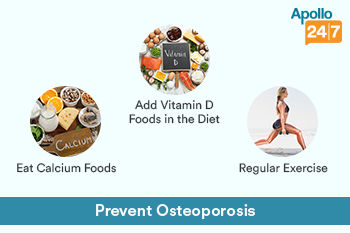
1. Eat a calcium-rich diet
Consuming a calcium-rich diet that includes dairy products such as low-fat milk, cottage cheese, tofu etc. will ensure adequate calcium supply to the bones and prevent brittleness.
2. Absorb Vitamin D
Soak yourself in the sun for 45 mins daily or consume vitamin D-rich foods such as freshwater river fishes, chicken, eggs and vitamin D supplements to ensure calcium absorption in the body.
3. Perform regular weight-bearing exercises
Weight-bearing exercises have a healthy impact on bones. Hiking, mild jogging, jumping jacks, swimming, cycling, and aerobics not only ensures good blood supply but also keeps arthritis and osteoporosis at bay.
4. Get a routine check-up done
The risk of osteoporosis gets more as you get older hence, one needs to get adequate bone scans done as early as 50 years of age to prevent osteopenia and osteoporosis.
How Can I Improve My Bone Health If I Already Have Osteoporosis?
According to the Centres of Disease Control women fall and break their hips more than men. Especially maximum falls that break the hip are sideways. If you have osteoporosis then there are high chances that you will suffer a hip fracture. Hence, follow these tips to manage osteoporosis and prevent fractures.
- Seek an appointment with an orthopaedic and get a bone scan done every six months to ensure there is no bone density deterioration.
- Depending on your results the doctor will prescribe you medications that will make your bones stronger
- Consume a healthy diet that includes vitamin D, calcium, other minerals and lean proteins.
- Incorporate lifestyle changes and perform yoga and other weight-bearing exercises such as walking and water aerobics.
- Limit alcohol intake
- Cut down on smoking
Recommended read: Effect of Smoking on Musculoskeletal health
Takeaway
An old proverb says that a stitch in time saves nine. If you are a woman reaching menopause or you are in your postmenopausal phase then you are advised to improve your bone health as early as possible. Do not wait for the bone density to drop too low. Doing so will make it very difficult to reverse bone density. Hence, eat well, take your medications, and if required change your lifestyle to prevent the gradual thinning of bones.
Have bone-related queries? and need to get diagnosed and treated by an expert Orthopaedic doctors? Then click the below button.
Consult the Best Orthopaedic Doctor From Apollo
- Medically Reviewed by Dr. Dhanunjay Reddy B
Services
Women Care
Leave Comment
Services
Recommended for you
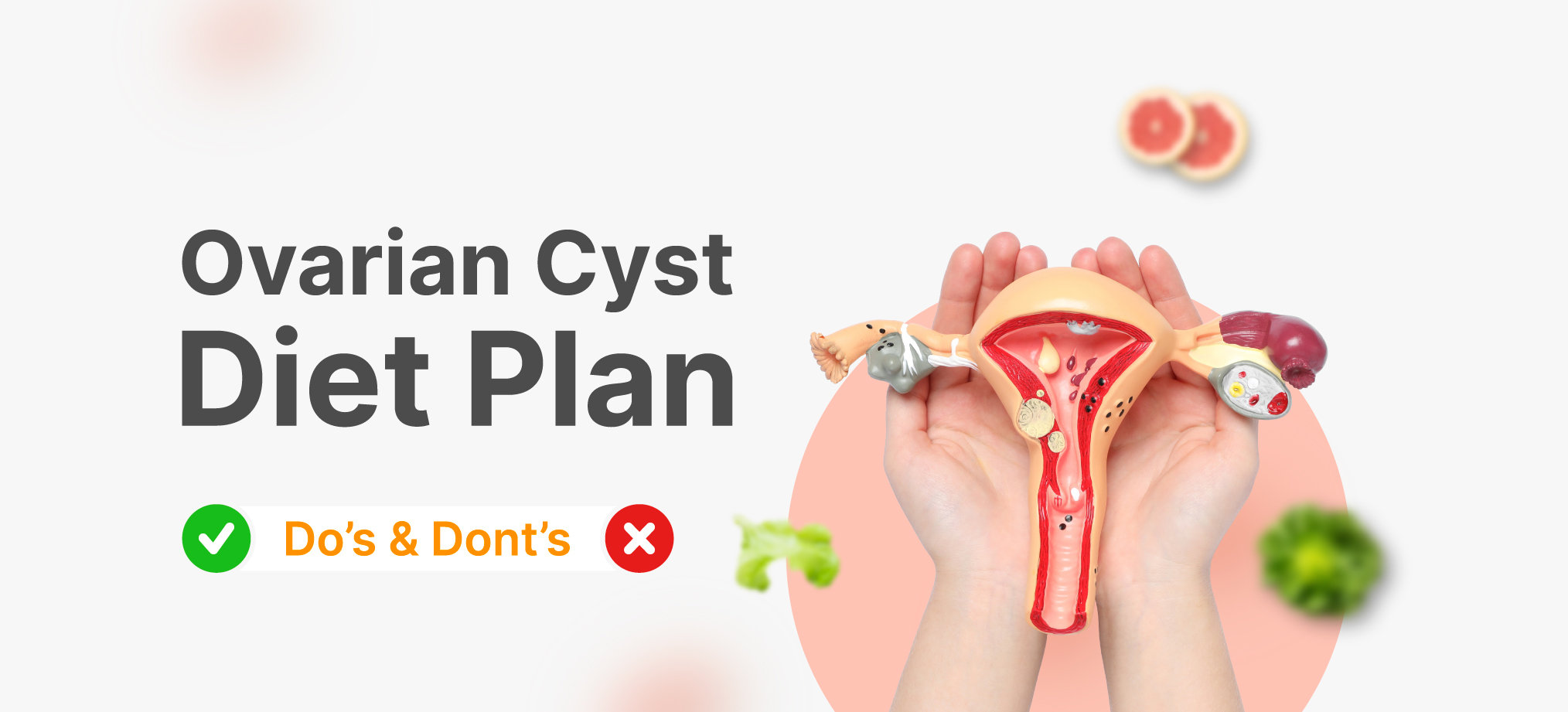
Women Care
Ovarian Cyst Diet: What to Eat and Avoid in Ovarian Cysts?
Many women may develop an ovarian cyst at some point in their lives. Although the cysts are painless and cause no life-threatening symptoms, they should not be ignored. With the help of the ovarian cyst diet plan, you will know what you should eat when suffering from an ovarian cyst.
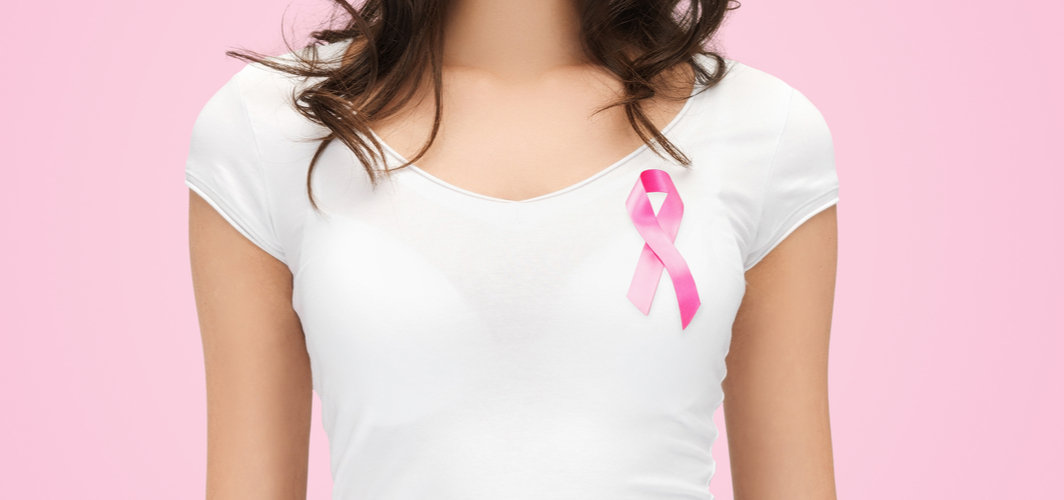
Women Care
Can Hormone Therapy Help Treat Advanced-Stage Breast Cancer?
While treating cancer at an advanced stage can be difficult, this article shows the efficacy of hormone therapy against stage 4, metastatic breast cancer.
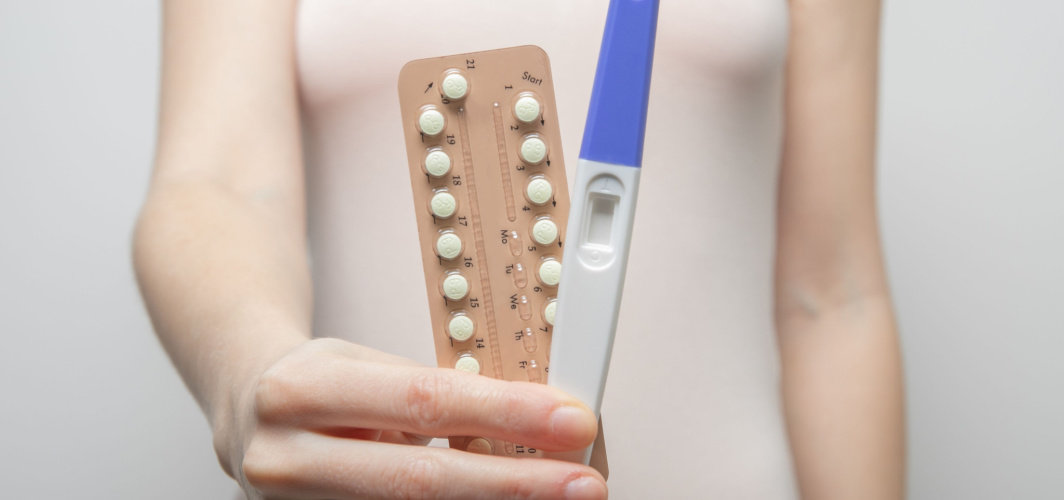
Women Care
Contraceptive Pills: Are They Really Effective In Preventing Pregnancy?
When used properly, oral contraceptive pills can be up to 99.9% effective. But are there any side effects or STD protection? Read on to know more about birth control pills.
Subscribe
Sign up for our free Health Library Daily Newsletter
Get doctor-approved health tips, news, and more.

